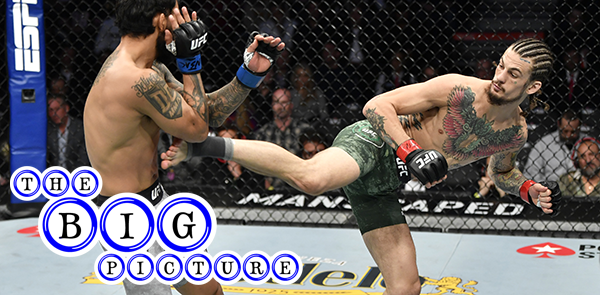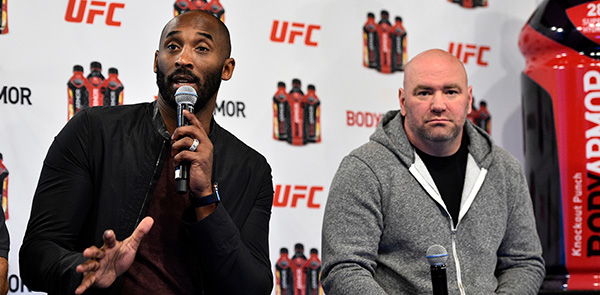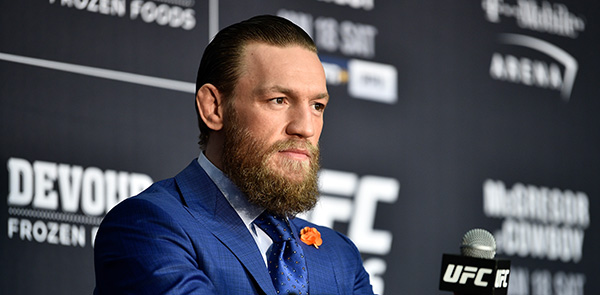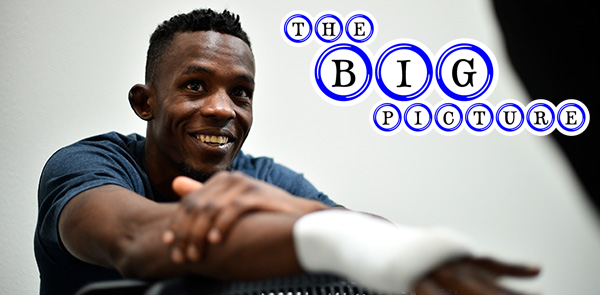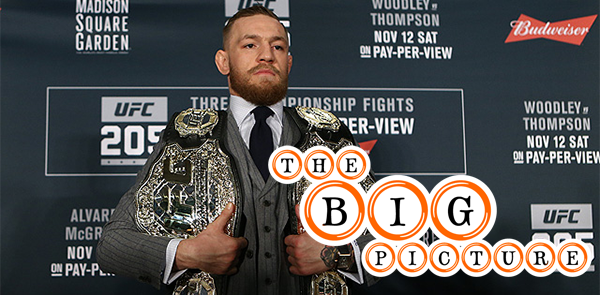Part of the profound appreciation people feel for MMA is its openness to connection on multiple layers. A psychologist, physicist, philosopher, economist and poet could all watch the same night of fights and walk away either hooked or revolted in completely different and idiosyncratic ways. Not that we need to be experts at anything to enjoy the sport—though perhaps we would not enjoy it on as many levels as they do—but as fans, we can dip our hands as much as we’d like into as many of those categories as we’d like. Violence is large; it contains multitudes, and as such, there is something for everyone, from the Just Bleed Bros to the Political Poindexters.
In the same way, UFC 248 on Saturday was a night of returns. If the Ultimate Fighting Championship were still using ominous sounding titles for their events, UFC 248 “The Return” would have been apt before it took place. The way things unfolded during the fights and in their aftermath, however, only solidified that theme…

